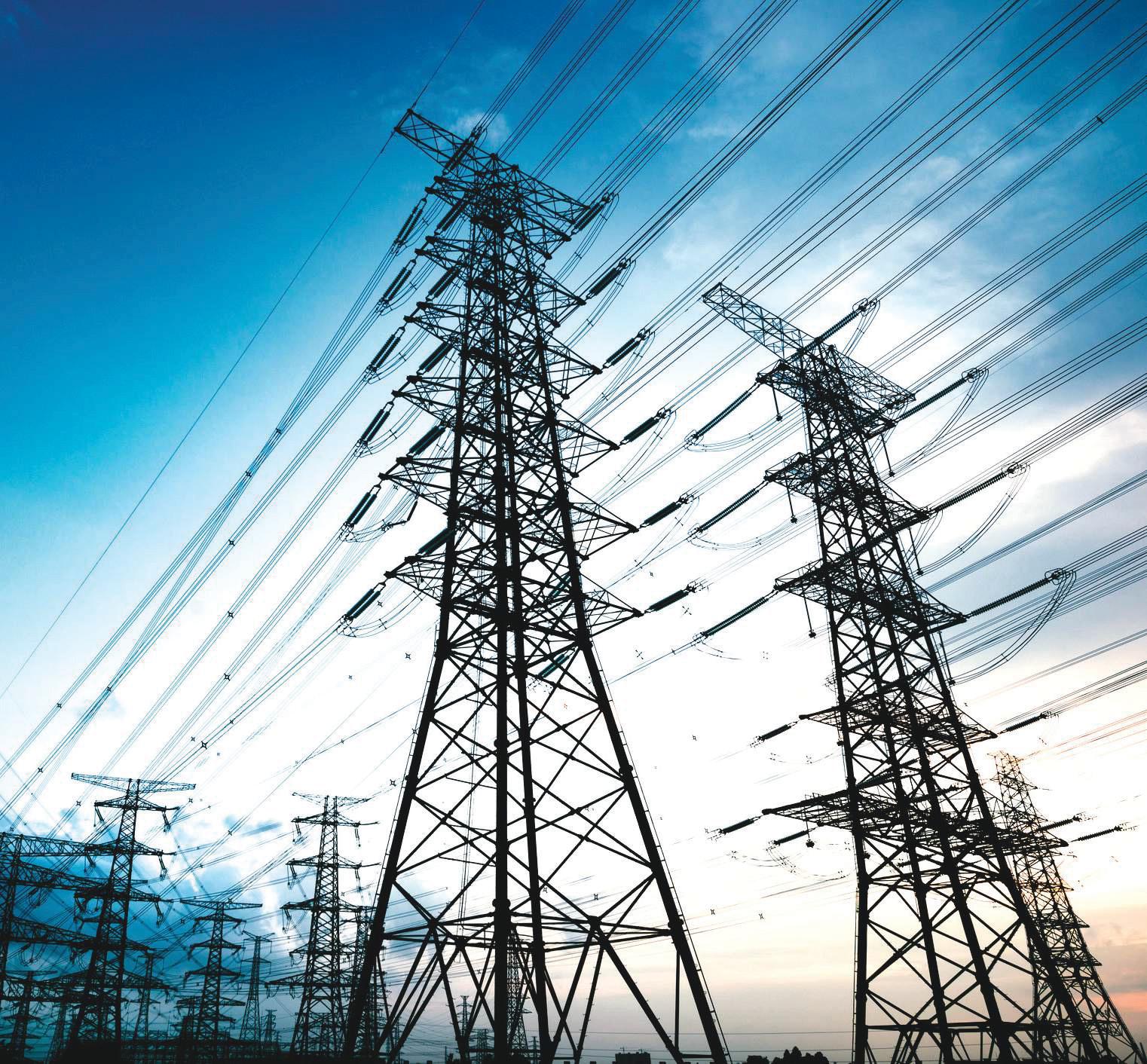
As the global energy landscape evolves towards more sustainable sources, the Indian power sector faces the dual challenge of modernising its infrastructure while accommodating the increasing integration of renewable energy into its grid. Several components, including switchgear and substations, are involved in the grid infrastructure.
Medium-voltage (MV) switchgear is essential for controlling, protecting, and isolating electrical equipment. It plays a vital role in ensuring electrical networks’ smooth and safe operation. As renewable energy sources such as wind and solar power increasingly contribute to the national grid, MV switchgear is becoming more sophisticated, incorporating features like remote control, automation, and enhanced safety.
In India, the modernisation of power infrastructure, backed by government initiatives and the adoption of cutting-edge technologies, is paving the way for the next generation of MV switchgear. Innovations in this sector are essential to address the challenges posed by the rapid expansion of renewable energy, grid stability concerns, and the evolving needs of the power transmission system.
In an interaction with industry experts, EPR shares detailed insights into the power grid modernisation taking place in India. It also highlights key developments, challenges, and the role of digitalisation in shaping the future of power infrastructure.
Understanding the role of MV switchgear in power grid
Medium-voltage (MV) switchgear typically operates in the range of 1kV to 36kV and serves a crucial function in electrical distribution systems. It is responsible for switching, protecting, and isolating electrical circuits in substations, transformers, and distribution networks. MV switchgear also plays a role in ensuring grid stability and protecting equipment from faults that could disrupt the power supply or cause damage.
This story is from the December 2024 edition of EPR Magazine (Electrical & Power Review).
Start your 7-day Magzter GOLD free trial to access thousands of curated premium stories, and 9,000+ magazines and newspapers.
Already a subscriber ? Sign In
This story is from the December 2024 edition of EPR Magazine (Electrical & Power Review).
Start your 7-day Magzter GOLD free trial to access thousands of curated premium stories, and 9,000+ magazines and newspapers.
Already a subscriber? Sign In

Shifting from resistance to adoption of RE
It is important to note that DISCOMS struggled financially even before the widespread adoption of solar energy. These challenges were familiar and were exacerbated by long-standing inefficiencies and financial mismanagement.

Changing BESS landscape in India
Self-sufficiency in battery storage is crucial for energy security, cost reduction, and sustainability. Key policies like incentivising domestic lithium mining, supporting R&D in alternative batteries, and promoting manufacturing hubs via PLI is boosting the sector.

Dhash PV pioneering future of solar technology in India
The company offers a comprehensive solution encompassing all DC components, from the PV module to the inverter.

Quality control is the keystone of the solar energy revolution in India
As India strives for 500 GW of solar capacity, rigorous quality assurance is essential to ensure system reliability, attract investment, enhance efficiency, and secure a sustainable energy future.

Domestic RE capacity hits new milestone
The total renewable energy installed capacity surged by an impressive 24.2 GW 13.5%) in just one year, reaching 203.18 GW in October 2024, up from 178.98 GW in October 2023.

Modernisation of power grid infra essential for seamless solar energy integration
Rayzon Solar leads the renewable energy revolution, pioneering high-efficiency solutions with cuttingedge N-Type TOPCon and 210R solar panels for sustainable energy advancements.

CMCE technology neutralises atmospheric charge effects
Lightning strikes on power transmission lines, substations, and power generation facilities can cause extensive equipment damage, leading to costly repairs and prolonged downtime.

Use of integrated transformer test facilities
Static Frequency Converter (SFC) is designed to test all types of power and distribution transformers as it provides variable output voltage and variable output frequency.

Lamco Transformers unveils cutting-edge innovations for RE integration
Lamco Transformers is committed to playing a vital role in the country's journey toward a sustainable energy future by combining innovative designs, cutting-edge technologies, and strategic collaborations.
Morigaon set to become country's semiconductor premier manufacturing site
Morigaon in Assam, spearheaded by Tata Semiconductor Assembly and Test Pvt Ltd (TSAT) aligns with the nation's broader goal of establishing a self-sufficient semiconductor ecosystem.